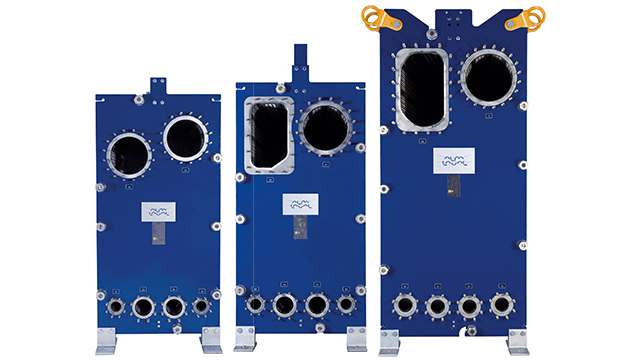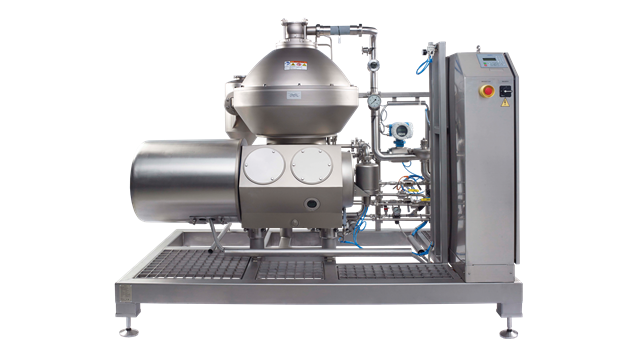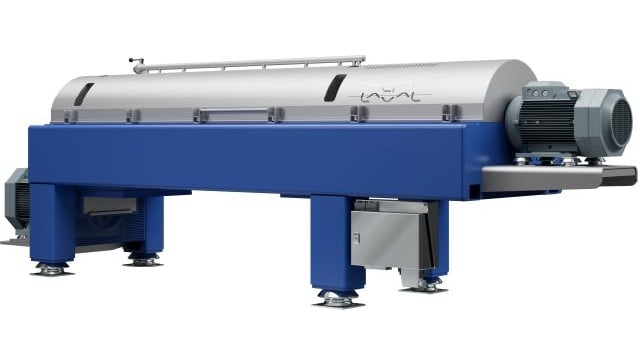Entering new territory with US plant-based protein pioneer
Alfa Laval is at the front-end with companies at the cutting-edge of innovative plant-based food production thanks to a soaring demand as consumers zoom in on the health and environmental benefits and the global drive for lower carbon emissions and long-term food security gathers pace.
DATE 2024-07-22
One such company, based in the USA, has established a strong foothold in the plant-based protein market, and sales of their products are continuing to go from strength to strength.
Founded in 2011 and a pioneer in the field of plant-based protein, the company has expanded in recent years, initially with a Europe-based production facility and more recently with an ongoing project in Singapore where a brand-new production plant, currently under construction on a greenfield site in the west of the country, will go on steam in late 2023.
“Consumer demand, driven by health, food security and food safety, is creating an environment of extraordinary opportunity for such companies, but it is vital that this is underpinned by sustainable processes. And this is where Alfa Laval enters the scene. We have the capabilities and the solutions to make this happen,” says David King, Segment Manager for Food & Water in the USA. “This customer achieves this with a plant-based food product, which uses 98 per cent less water and 83 per cent less land to produce overall, and which has enabled the company to save more than 52 million kilograms of carbon emissions since it began its journey as a start-up company.”
So, with sustainability very much a driving factor, an evaporation system to optimize water use at the new Singapore plant was a must; and as part of a complete protein extraction system supplied by Alfa Laval, the AlfaVap evaporator will recover 92 per cent of water used in the production process, which will also extract protein for nutritional supplements.
“The evaporator was a key part of the process for the customer,” explains David King. “They have strong sustainability credentials, and reducing water use is a central part of this ethos, so high water recovery and high water reuse was essential.”
Alfa Laval has an attractive offering given the reduced environmental impact and reliable performance of solutions, which deliver stable protein in terms of appearance, texture, taste, and nutritional value.
David continues: “We have developed a very close relationship with this customer, and with this order, we are demonstrating that we deliver systems which are optimized both with respect to production and capital and operational expenditures for the customer.”
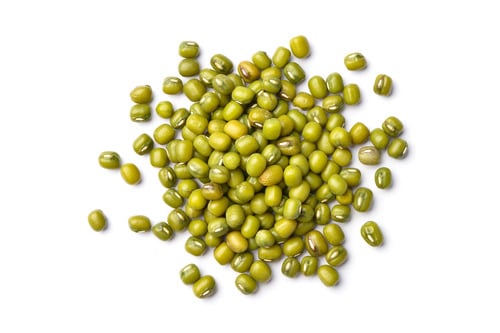
This project is the latest milestone in a collaboration that goes back to the customer’s early days as a start-up. The company has now become a dominant player in using Alfa Laval’s separation equipment for plant-based protein.
Alfa Laval’s system solution will also include four Clara centrifugal separators and six Foodec decanters – an order of a magnitude, which further strengthens Alfa Laval’s position in the plant-based protein market, says Dharmendra Shukla, Senior Global Sales Manager in BU Food Systems in Southeast Asia.
“Our customers in this field are responding to a strong consumer demand for plant-based protein alternatives,” says Dharmendra. “Increasingly, we see consumers choosing plant-based alternatives for their health and wellbeing benefits.”
The strong relationship Alfa Laval has with this customer and the broad experience of Alfa Laval in this field have proved invaluable for the continued application development and, ultimately, for securing the order, says Joosep Masik, Global Technology Process Engineer in BU Food Systems in Denmark.
“We have benefitted greatly from our collaboration across regions within Alfa Laval and with the customer to pull the application knowledge together; we have made this happen,” he concludes.
Download the case story
Water savings
Reduced cleaning chemical consumption

The AlfaVap evaporation system enables the customer to reuse 37,000 litres of water an hour, which is 92 per cent of the entire need for water in the processing line. This contributes towards the customer’s sustainability targets while also giving the company substantial savings regarding the operational expenditure of running the processing line in this location. By the city state’s admission, Singapore is one of the most water-stressed cities in the world, and the price of water reflects this
Sustainable food
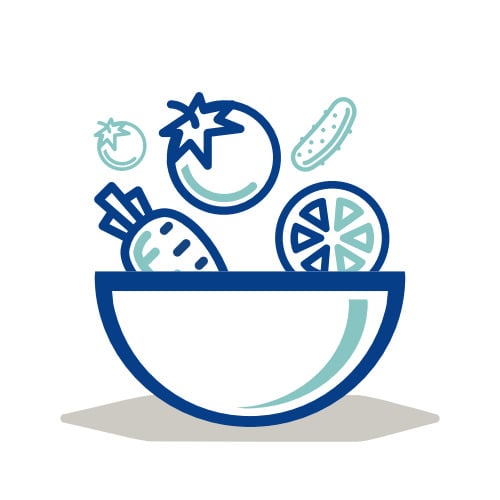
It is possible to feed another 2 billion people in 2050 if most people turn to a largely plant-based diet, while protein food products – like new veggie food and fish, meat, and poultry – are increasingly produced with the use of less water, energy, and farmland - e.g., by using precision fermentation and cell-cultivation. (UN, 2019)

